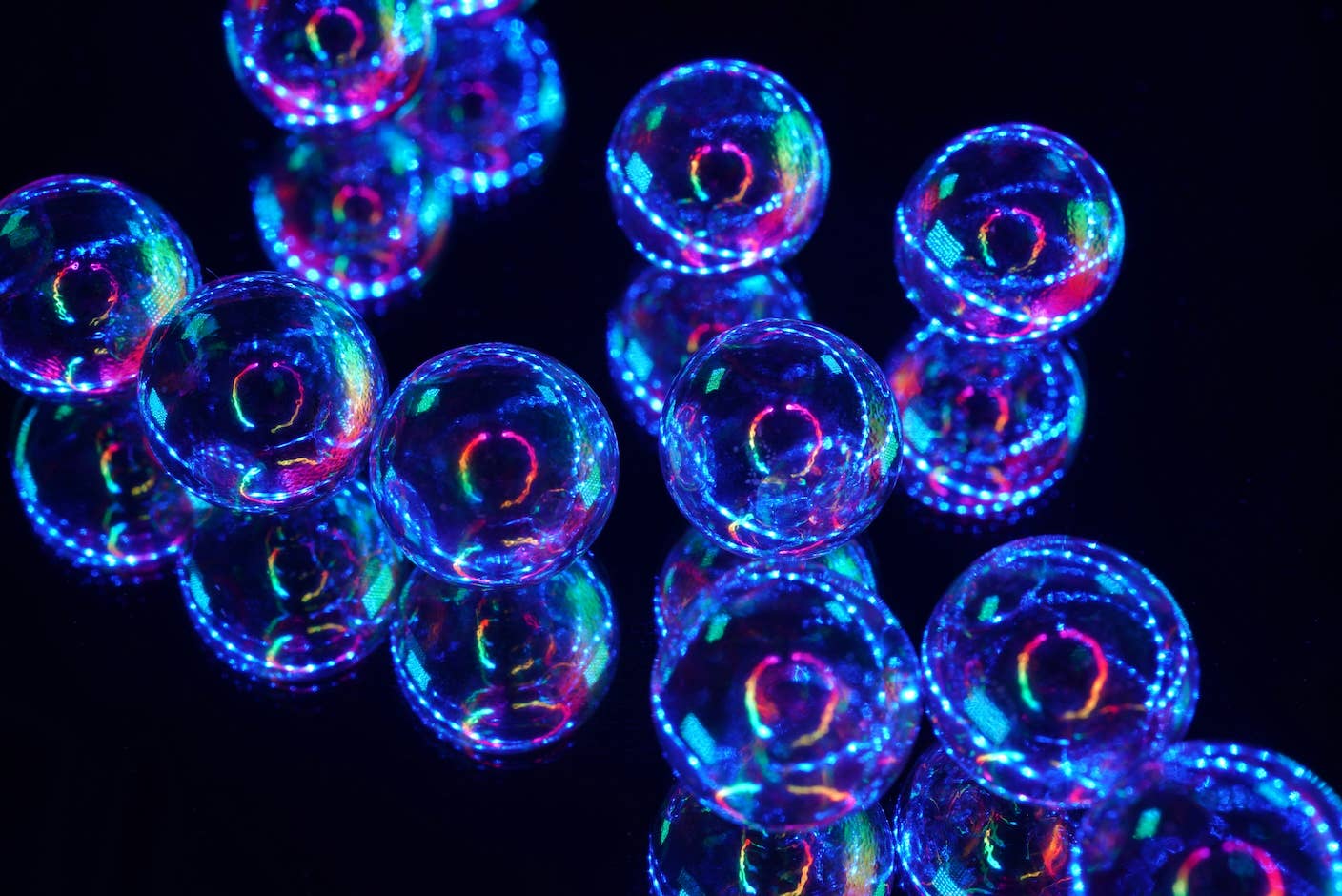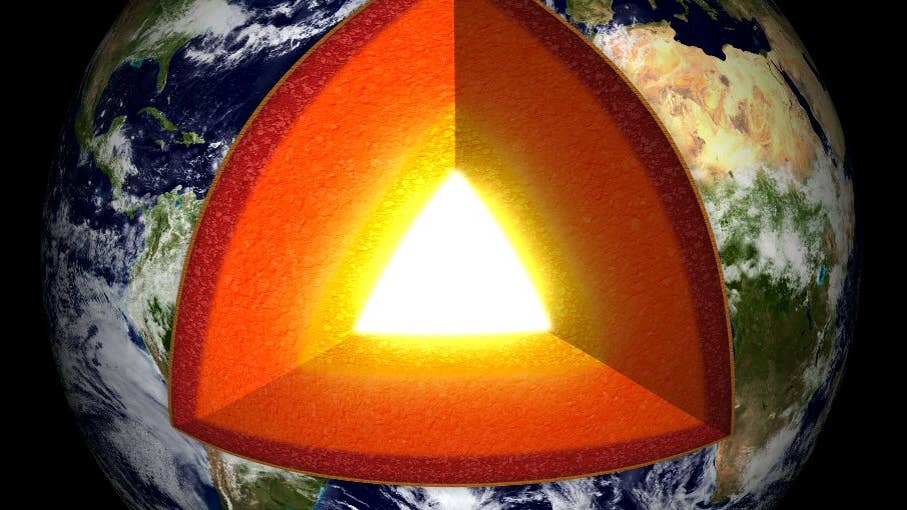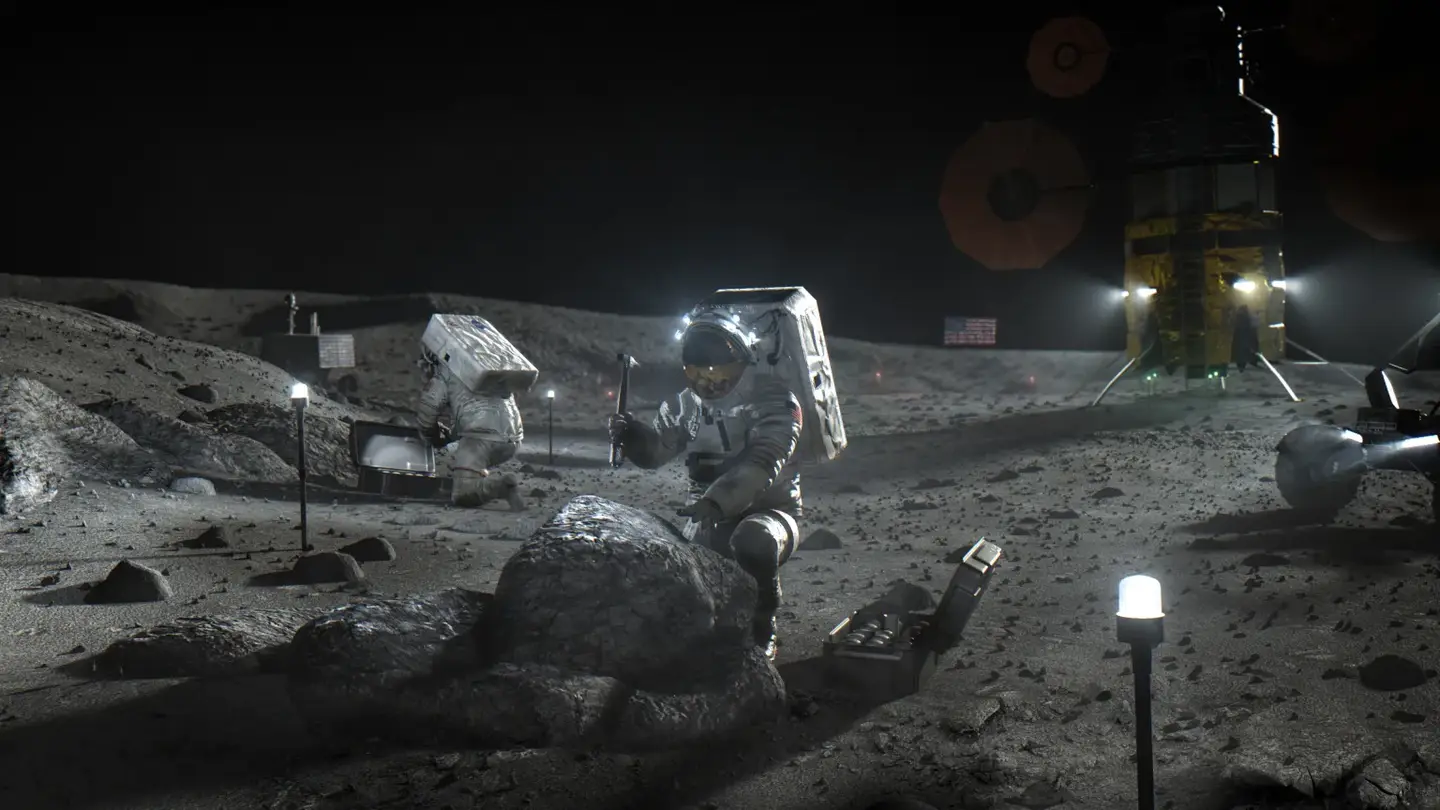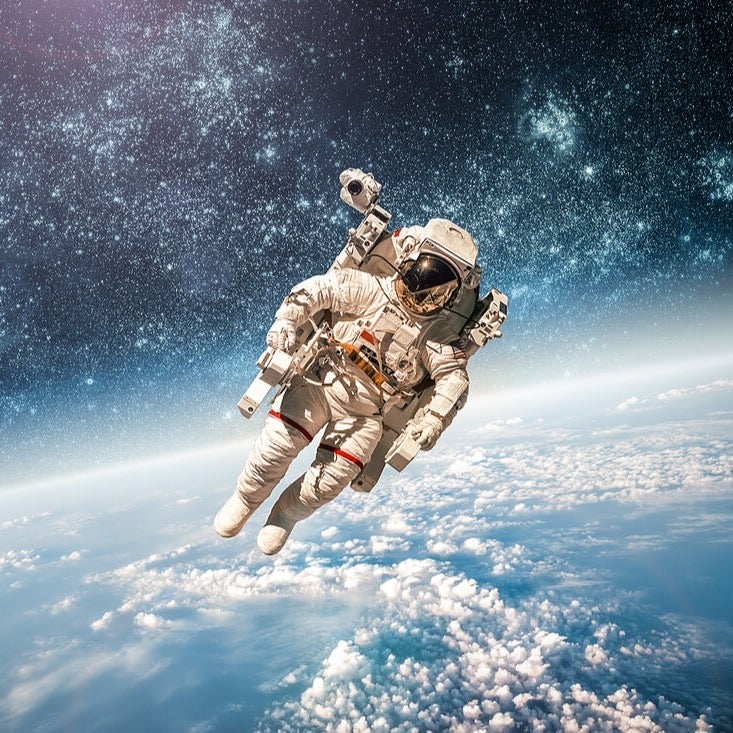This Week’s Awesome Tech Stories From Around the Web (Through December 7)

Share
ARTIFICIAL INTELLIGENCE
Former Go Champion Beaten by DeepMind Retires After Declaring AI Invincible
James Vincent | The Verge
"'With the debut of AI in Go games, I’ve realized that I’m not at the top even if I become the number one through frantic efforts,' Lee [Sedol] told Yonhap. 'Even if I become the number one, there is an entity that cannot be defeated.'"
GENE EDITING
Why the Paper on the CRISPR Babies Stayed Secret for So Long
Antonio Regalado | MIT Technology Review
"Although the reaction to the CRISPR babies was overwhelmingly negative, the future that the unpublished manuscripts unveil—a future of genetically engineered humans—is coming faster than many people realize. ...The fear is [researchers] will [employ genome-writing techniques in human embryos] again in secrecy, in some other country with lax oversight, and repeat He’s mistakes."
ENERGY
The Tantalizing Promise of Blue Energy
Caroline Delbert | Popular Mechanics
"Science reports that the amount of water going from rivers to salt water each year generates big energy: 'roughly the amount that can be generated by 2000 nuclear power plants,' or 2.6 terawatts, by some estimates. ...The rivers are always flowing, and we might as well harness their energy."
Be Part of the Future
Sign up to receive top stories about groundbreaking technologies and visionary thinkers from SingularityHub.


MACHINE LEARNING
Facebook Is Using Minecraft to Train AI Assistants, One Block at a Time
Anthony McGlynn | Digital Trends
"Engineers at Facebook have created a Minecraft assistant to help you with some of the menial tasks involved in the sandbox builder. The helper, which spawns and works alongside you in the game, can be given simple instructions for things like building a tower, digging a hole or making a wall, cutting construction time down for projects of all sizes."
SPACE
You Cannot Conceive the Hugeness of This Black Hole
Ryan F. Mandelbaum | Gizmodo
"Oh my, this recently discovered black hole... well, it’s big. How big? Among black holes whose masses scientists can directly infer based on the motion of their host galaxies’ stars, it’s the biggest. It’s 40 billion times the mass of the Sun big—that’s around 2.5 percent the mass of the entire Milky Way galaxy."
Image Credit: Joel Fulgencio / Unsplash
Related Articles

This Week’s Awesome Tech Stories From Around the Web (Through February 14)

Vast ‘Blobs’ of Rock Have Stabilized Earth’s Magnetic Field for Hundreds of Millions of Years

Elon Musk Says SpaceX Is Pivoting From Mars to the Moon
What we’re reading
